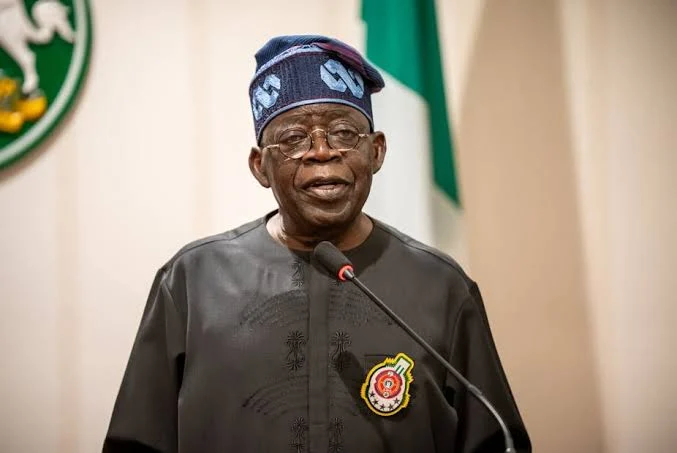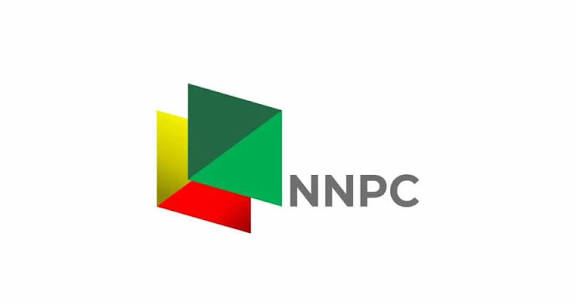Food Prices Drop as Authorities Credit Policy Harvest Gains

New official figures and industry reports show a marked easing in the cost of staple foods across Nigeria this year, prompting government officials to credit targeted agricultural measures and a stronger harvest season even as farmers and analysts warn that the gains may be fragile without sustained support.
The National Bureau of Statistics (NBS) reported that headline inflation fell to 18.02% in September 2025, while food inflation eased significantly, with year-on-year food price growth cited at 16.87% for the same month a substantial retreat from rates recorded in 2024.
The agency’s Consumer Price Index updates and monthly food-price tracking indicate lower average prices for staples including rice, beans, maize, yam and garri compared with earlier readings.
Ministries and presidential spokespeople have attributed part of the improvement to deliberate market interventions, investments in the farming value chain and the seasonal uptick in output.
The Federal Ministry of Agriculture said recent declines in prices of key commodities reflect targeted measures from input distribution to market coordination designed to increase supply and stabilise markets. Government briefings also point to better planting coverage and adoption of improved practices as contributing factors.
Independent reporting and economic commentary underline two simultaneous forces behind the moderation: the effects of the NBS rebasing of the CPI (which changed the base period and altered comparative percentages) and tangible improvements in food production documented by agricultural surveys.
A 2025 agricultural performance summary noted higher outputs across major staples, echoing state and federal claims of expanded cultivated areas and improved yields.
Despite the encouraging numbers, observers caution against premature optimism. Agricultural stakeholders told media outlets that persistent post-harvest losses, gaps in rural storage and transport bottlenecks could quickly reverse the downward trend in retail prices if not addressed.
Some farmer groups have even signalled distress over rising costs of inputs and inadequate remuneration, which they say could prompt exit from farming if policy support wanes.
Multilateral assessments paint a mixed picture. The World Bank acknowledged macroeconomic improvements including stronger growth and a healthier external position but warned that elevated food costs remain a key constraint on living standards for many households and that reforms must translate into tangible relief for the poorest.
Analysts have urged complementary steps such as expanding storage facilities, improving market linkages, and strengthening social protections to lock in benefits for consumers.
Policy makers say sustaining the downward pressure on food prices will require continued coordination between ministries, the central bank and state governments, plus private-sector investment in processing and logistics. Farmers and experts are calling for clear, durable interventions from input subsidies targeted at smallholders to investments in rural roads and storage to ensure that the recent easing becomes a lasting improvement rather than a short-lived fluctuation.
As Nigerians weigh the relief at the market level against broader cost-of-living pressures, the debate is shifting from whether prices fell to how long the reductions can be preserved and translated into improved purchasing power for low-income families.
The coming planting and harvest cycles, and concrete public and private investments in the food system will likely determine whether the country consolidates these gains or sees renewed pressure on staple prices in 2026.









